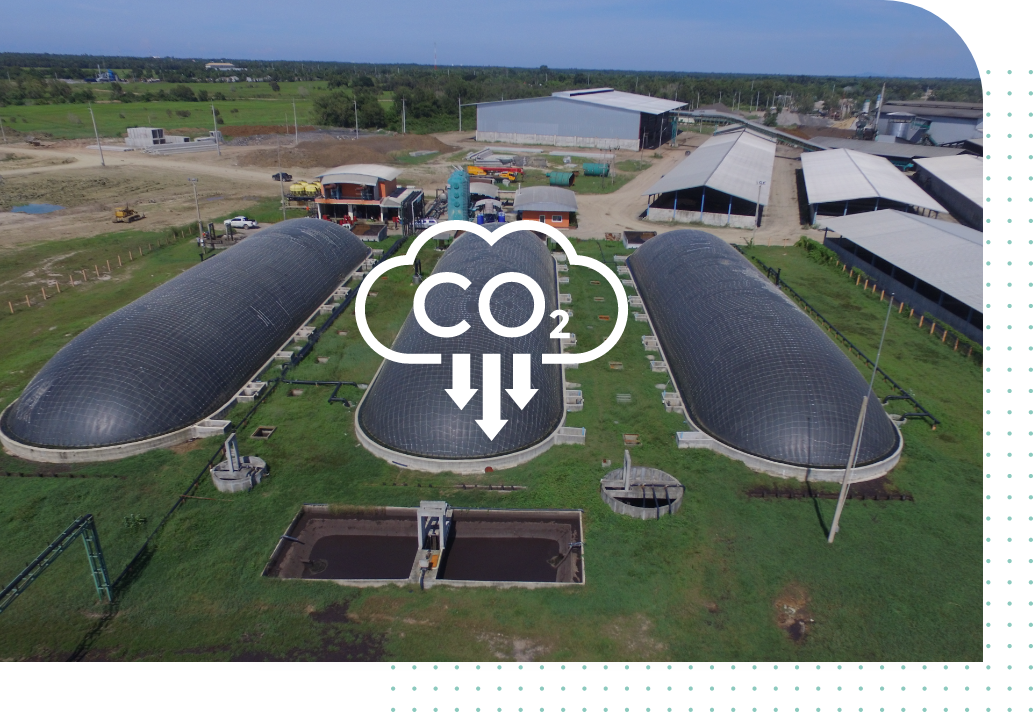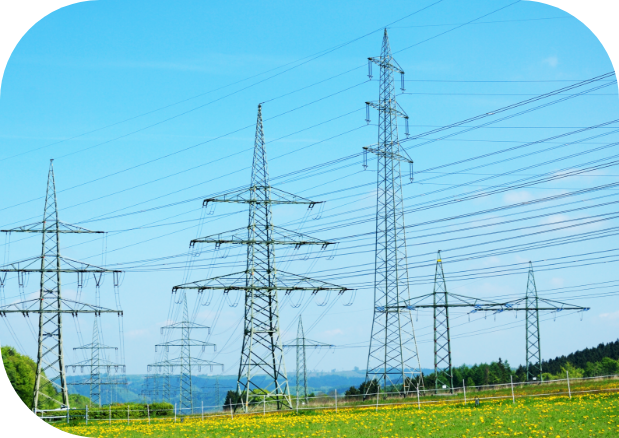Southeast Asia stands out as one of the world’s fastest-growing economic regions. However, much of this growth has come at a cost, one dire enough to threaten how future generations can benefit from the socio-economic gains made over the past decades.
Throughout its rise, the region has been experiencing one of the world’s highest CO2 increases, threatening breathable air and contributing significantly to climate change. Much of this has been due to the fervent economic and social activities the region’s countries have been undertaking, hence raising the energy demand needed to power them.
Governments have been responding to this environmental challenge, but managing this issue requires greater ecosystem support. It is here where private sector organisations such as Hitachi must play a crucial role, leveraging our resources and market reach to create more carbon-neutral societies.
However, while Southeast Asian nations have been ramping up initiatives toward using cleaner modes of energy production from more sustainable sources, progress is slow and coal, oil and gas remain the predominant energy sources. With the pressing need to decarbonise now, the region will need to optimise its use of current energy sources and create clear pathways for the effective reliance on renewable energy from more sustainable sources.

Southeast Asia is home to several industrial powerhouses, with one of them being Thailand. Yet, many of the country’s industries have drawn on unsustainable fossil fuels, which is a more widely available resource in the region, to power their many thermal plants.
As a long-time partner of Thailand’s economic growth, Hitachi is doing our part to help the country meet its industrial sustainability targets. This includes working with the government on a project aimed at achieving low carbonisation and enhancements in power system operations. Leveraging an Optimised Performance Enabling Network for Volt/Var(Q) (OPENVQ), this project seeks to lower greenhouse gas emissions through more sophisticated and more efficient power system operations.
The project’s success will contribute to reducing fuel procurement costs at thermal power plants by decreasing power losses and trimming CO2 emissions from the power system operation. Also, through voltage optimisation in the grid, OPENVQ will enable a stable power supply from renewable energy sources without the need for heavy investment into upgrading power transmission facilities.
Such outcomes will significantly contribute to the expansion of renewable energy adoption in Thailand. This is especially given that, as part of its long-term plan to tap into more renewable energy sources, Thailand has been ramping up the share of more sustainable production sources within the share of its energy generation. Today, the nation has a diversified renewables base, making greater use of hydropower, solar, biomass and wind resources.

The need to sustainably achieve energy security is a challenge for Southeast Asia’s emerging economies, and a global one. Even advanced markets have the responsibility to continue innovating their energy infrastructures; not only to sustain their own societies but to lead by example as the world faces a critical juncture in the fight against rising carbon emissions.
This is evident in Singapore, where climate change has emboldened the nation to change the way it uses and produces energy. Today, the country is still reliant on fossil fuels but has been making strong moves to sustain the way it uses such resources. This is evident in the country’s plan to integrate more renewables and other distributed energy resources (DERs) into regional power grids.
Hitachi Energy (formerly known as Hitachi ABB Power Grids) has been working with Singapore’s government, industry stakeholders such as Sembcorp, and academia to deploy its innovative battery energy storage solution (BESS) to support the development of the country’s first VPP project. The VPP will enable electricity produced from DERs (which includes solar and other green sources) to be intelligently integrated, simulating a utility-scale power system. Using advanced energy management and optimization software, the VPP will manage and orchestrate the power output of these resources in different locations nationwide. For example, energy fluctuations resulting from solar intermittency will then be balanced automatically via the VPP.


The prime challenge of leveraging renewable energy sources effectively is to scale their use nationwide, which requires public-private collaboration to succeed. Hence, Hitachi is supporting this push via a demand response project with Thailand’s government and academic stakeholders to build a smart grid system that can expand the capacity of renewable energy systems through the efficient operation of power distribution facilities.
With renewable energy sources, operating systems will face difficulty in adjusting power demand in response to sudden changes in factors, such as the weather. So, methods to stabilise systems that maintain the demand and supply balance of energy will only become more important as countries increase their reliance on renewable energy. With our accumulated technologies, insights and know-how on demand response projects worldwide, Hitachi is capably positioned to provide a system that comprehensively manages multiple decentralized sources of renewable energy, treating them as if they are a virtual power plant (VPP).
Powering good for societies has been part of Hitachi’s ethos ever since our organisation was founded over a century ago. Yet, today’s modern problems require modern solutions, and Hitachi has been on hand to help solve them.
Apart from helping Southeast Asian nations with their respective decarbonisation initiatives, Hitachi has also been aligning all our business with the push towards carbon neutrality. This is a responsibility our organisation is proudly taking on with our active participation in the United Nations’ Race to Zero campaign, and in our role as the Principal Partner of COP26, the UN’s International Climate Change Summit.
‘We will resolve environmental issues and achieve both a higher quality of life and a sustainable society in collaborative creation with stakeholders.’ - Hitachi’s Environmental Vision
Date of Release: January 2022